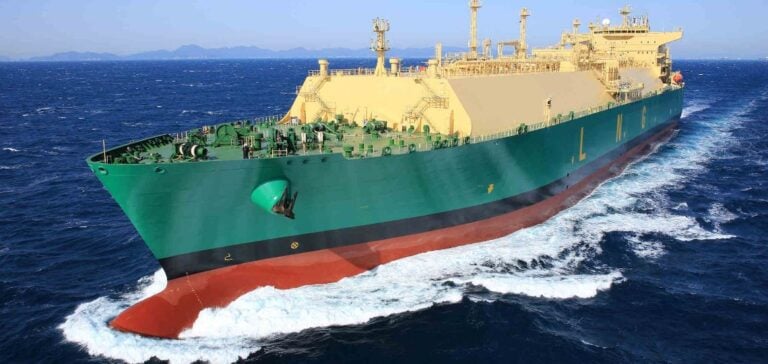The impact of Donald Trump’s victory in the U.S. presidential election is particularly evident in the LNG (liquefied natural gas) contracts for 2025. The premiums for Cal-2025 contracts for the European TTF (Title Transfer Facility) benchmark gas reached a year-high of 7.65 EUR/MWh on November 11, 2024, before slightly decreasing to 7.22 EUR/MWh on November 12. This sharp increase in premiums for 2025 contracts over 2026 is due to several factors, including uncertainty over Trump’s future policies, concerns about supply security, and delays in liquefaction projects.
Factors Influencing the Increase in Premiums
The increase in premiums can be attributed to several key factors. First, the market anticipates strong near-term demand, fueled by geopolitical uncertainties, including U.S. tariffs—especially on China—and potential protectionist policies from the Trump administration. These uncertainties weigh heavily on market stability, and market participants are seeking to protect themselves against heightened volatility, thus driving up premiums for 2025 contracts.
Second, delays in major liquefaction projects like the Golden Pass project in the United States, initially expected for 2024 but now delayed to 2025 or even 2026, contribute to supply tensions for LNG in 2025. Analysts believe these delays could push prices higher for this contract period.
Uncertainty Regarding Gas Transit Through Ukraine
Another source of uncertainty affecting the market is the situation surrounding gas transit through Ukraine, which is expected to see its contract expire at the end of 2024. Speculation about a new transit agreement between Ukraine and Azerbaijan further fuels uncertainty about gas supply. The lack of clarity regarding the future of gas flows between these countries directly impacts the pricing of future contracts.
Meanwhile, the expansion of liquefaction capacity in Qatar, with new liquefaction trains being constructed at the QatarEnergy LNG project at Ras Laffan, which is expected to be commercially operational in 2026, is likely to ease the supply situation by 2026. However, expectations for LNG demand, particularly from countries like Brazil and Egypt, continue to keep upward pressure on prices for 2025.
The Price Trend for 2025
The rise in premiums for 2025 also reflects strong expected demand, with countries like Brazil and Egypt actively seeking to secure LNG on the international market. These nations, facing declining hydroelectric reserves and decreasing domestic natural gas production, find themselves needing to buy more LNG, further contributing to upward pressure on 2025 contract prices.






















